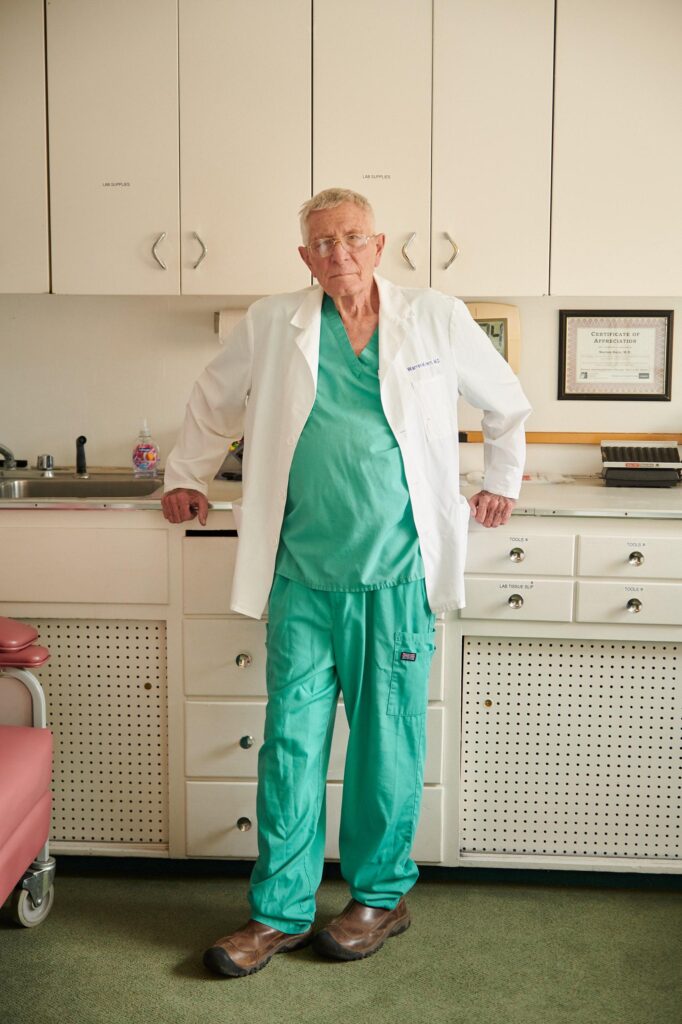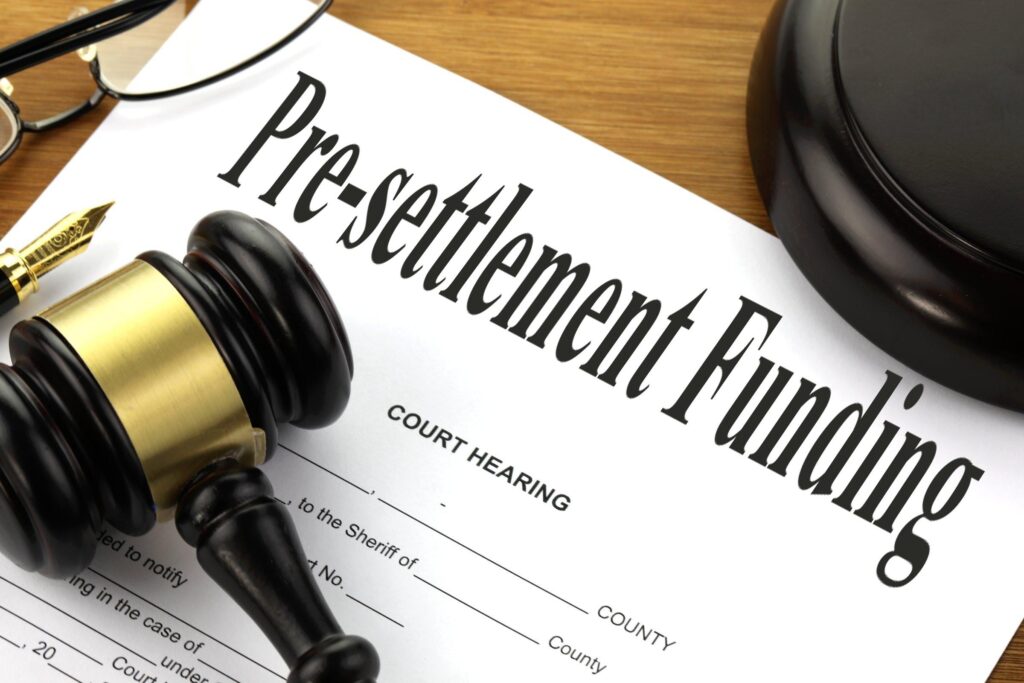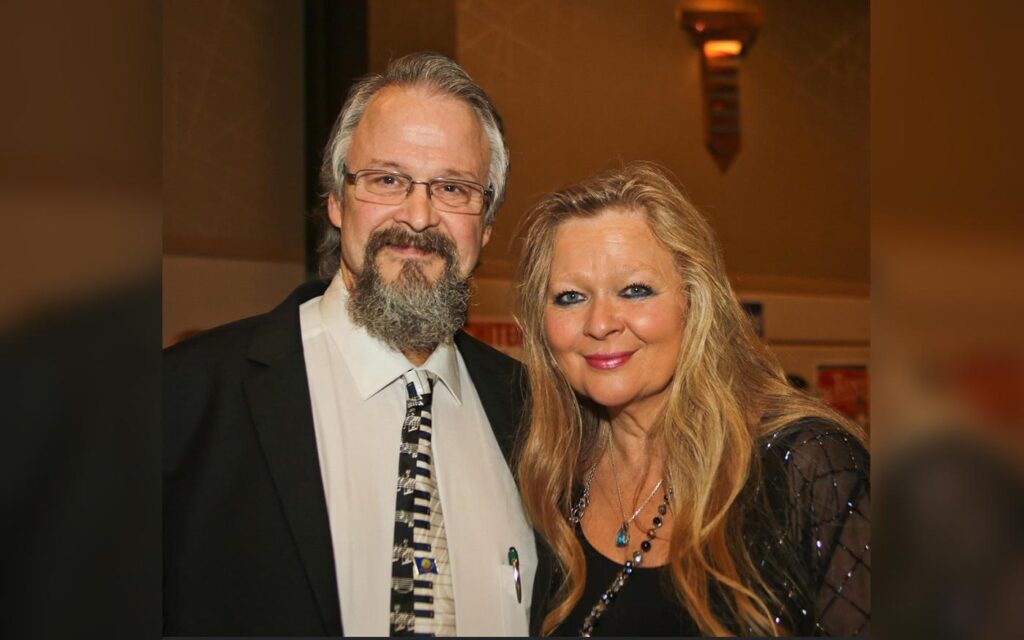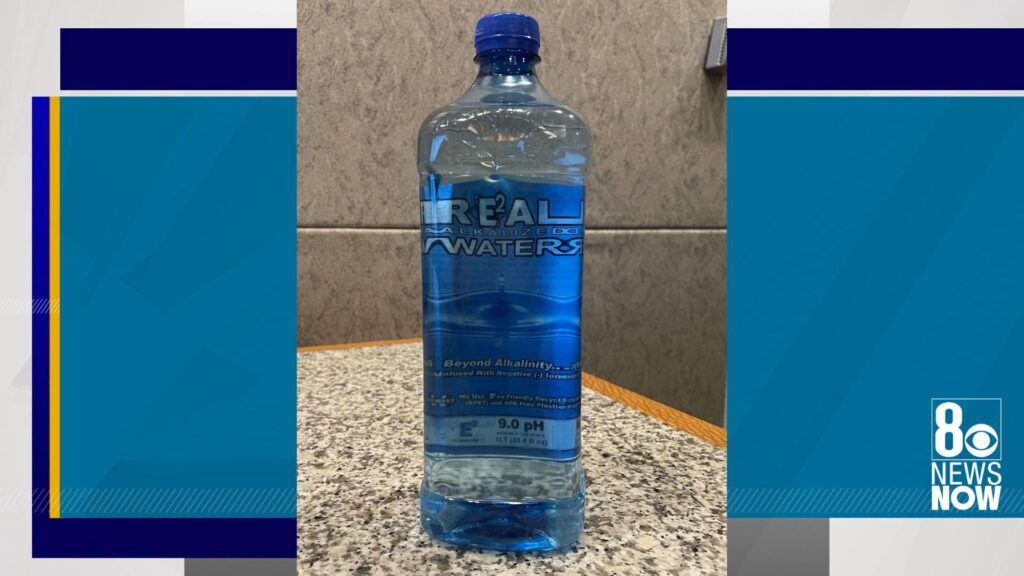In the high-stakes world of aviation dreams, a turbulent legal storm is brewing. A coalition of aspiring pilots,their hopes of soaring through azure skies now grounded by allegations of institutional deceit,have launched a legal challenge against United Airlines and its flight school. These young aviators,armed with legal briefs instead of pilot logs,claim a systematic fraud that threatens to clip the wings of their professional ambitions. As courtroom battles replace flight training, the aviation industry watches with bated breath, wondering how this conflict will reshape the path to becoming a commercial pilot.A legal storm is brewing in the aviation training world as dozens of aspiring pilots take United Airlines and its affiliated flight school to court, alleging a complete fraud scheme that has left their professional dreams shattered and their finances decimated.
The lawsuit, filed in multiple federal districts, claims systematic deception involving recruitment practices, training promises, and financial arrangements that allegedly misled student pilots about their career prospects and the true costs of professional pilot training.Documents reveal that students were purportedly told they would have guaranteed pathways to employment with United Airlines after completing their training program. Though, many graduates discovered these promises were hollow, with minimal job placement support and significant financial burdens.
Key allegations include inflated tuition costs, misrepresented job placement statistics, and aggressive recruitment tactics that downplayed the substantial financial investment required. Some students report spending upwards of $100,000 on training programs with minimal return on investment.
The legal action highlights broader issues within commercial pilot training, where aspiring students are often vulnerable to institutional manipulation. Complainants argue that the flight school used predatory marketing strategies targeting individuals passionate about aviation careers.
Financial records suggest the training program charged premium rates while providing substandard instruction and minimal career support. Students claim they were essentially sold an expensive dream without realistic employment opportunities.
Legal experts anticipate this lawsuit could potentially trigger significant reforms in aviation training transparency and accountability. The case represents a critical challenge to established training models that have traditionally operated with limited external scrutiny.
United Airlines and its flight school have not yet publicly responded to the specific allegations. However, industry observers suggest the lawsuit could prompt broader investigations into pilot training practices nationwide.
The complaint details multiple instances of alleged misconduct, including potential falsification of job placement rates, misleading recruitment presentations, and concealment of significant financial risks associated with pilot training programs.
Former students participating in the lawsuit come from diverse backgrounds but share a common narrative of financial strain and professional disappointment. Many report feeling trapped by substantial student loans with limited career prospects.This legal challenge represents more than just a financial dispute; it symbolizes a broader demand for accountability in professional training programs. The aviation industry now faces increased pressure to provide clear, ethical training pathways for aspiring pilots.
As the lawsuit progresses, it could potentially reshape recruitment practices, training standards, and financial expectations within commercial pilot education programs across the United States.







